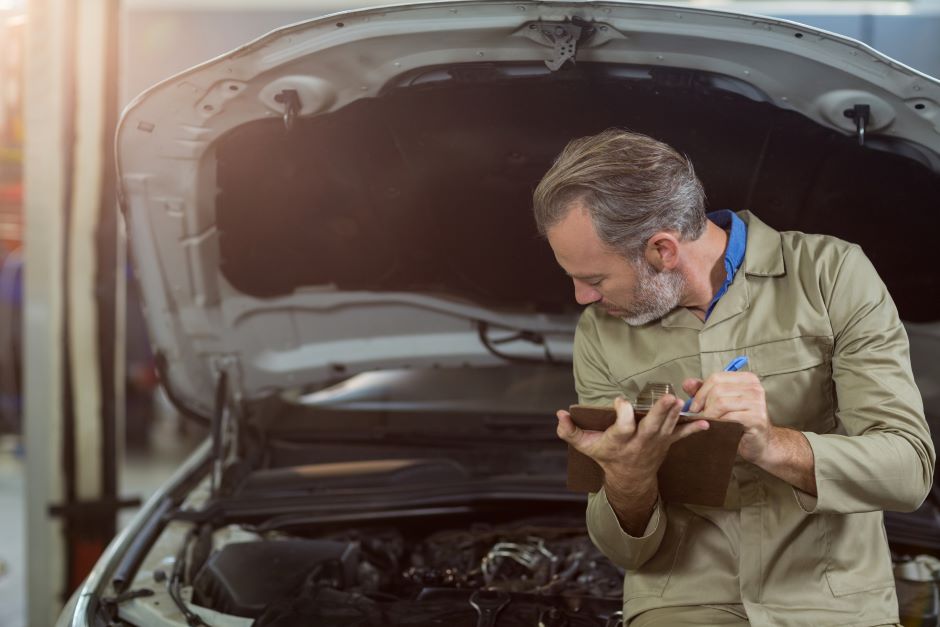

The starter motor is one of the essential parts that allows
your vehicle to start, providing the initial rotational power needed to get the
engine running. However, in some cases, the starter motor may malfunction,
preventing the vehicle from starting. Knowing the causes of starter motor
failure and how to troubleshoot these issues is crucial for ensuring your car
runs smoothly.
A few main factors can lead to starter motor malfunctions.
Here are some common causes:
1. Battery Issues: A strong battery is essential for
the starter motor to operate. If the battery is dead or insufficiently charged,
the starter motor won’t work, and the engine won’t turn over.
2. Electrical Wiring Problems: The starter motor
operates by drawing electricity from the battery, so any issues like wear,
breaks, or corrosion in the wiring can disrupt the electrical flow and prevent
the starter motor from working.
3. Faulty Starter Relay: The starter relay acts as a
bridge between the battery and the starter motor. If there’s an issue with the
relay, electricity from the battery can’t reach the starter motor, causing it
to fail.
4. Issues with Starter Gears: The gears in the
starter motor are responsible for turning the engine. If these gears are worn
out or damaged, the starter motor can’t rotate the engine, making it hard to
start the vehicle.
5. Engine Locking: Though rare, engine locking or
jamming can occur, putting extra strain on the starter motor and preventing it
from working.
6. Key or Immobilizer System Issues: The starter
motor relies on synchronization with the car key or immobilizer system. If
there’s an issue with the key or immobilizer system, the signal won’t reach the
starter motor, and the engine won’t start.
Here are some practical steps for troubleshooting starter
motor issues:
1. Check the Battery: If the starter motor isn’t
working, first check your battery. Ensure the battery terminals are clean and
securely connected. If the battery is low or dead, recharge it or replace it if
necessary.
2. Inspect Electrical Wires: Examine the wiring
between the battery and the starter motor. Tighten and clean any loose or
corroded wires, especially at the connection points, and replace any damaged
parts if needed.
3. Test the Starter Relay: Check if the starter relay
is functioning. If you suspect a fault in the relay, try replacing it to see if
the starter motor functions properly.
4. Examine the Starter Gears: If there’s wear or
damage to the gears in the starter motor, these gears may need replacement.
This issue usually requires a technician’s help.
5. Check the Key and Immobilizer System: Ensure your
key and immobilizer system are functioning correctly. Test a spare key to see
if the issue is with the key itself.
6. Seek Professional Assistance: Starter motor issues
can require technical knowledge and expertise. If basic troubleshooting doesn’t
solve the problem, it’s best to consult a qualified mechanic or authorized
service center.
Regular maintenance is essential for avoiding starter motor
problems. Routinely check the battery, inspect and clean electrical wiring, and
have regular check-ups to extend the starter motor’s lifespan. Additionally,
handle your vehicle with care to prevent undue strain on the engine, helping
the starter motor function smoothly for longer.
In short, starter motor issues directly impact your
vehicle’s ability to start. By understanding the causes and applying
troubleshooting methods, these problems can be resolved quickly. With regular
maintenance and inspections, you can extend the lifespan of the starter motor,
ensuring a safe and hassle-free driving experience.